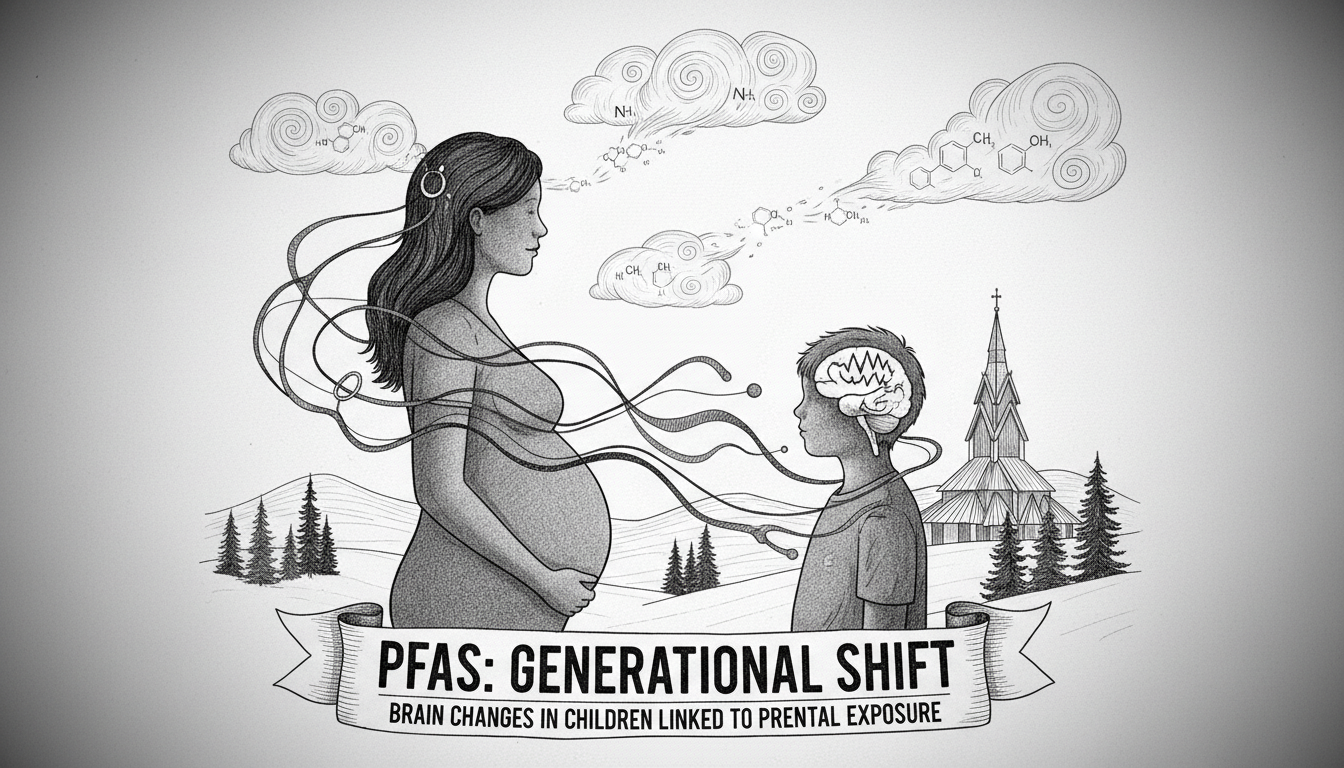PFAS Chemicals Transfer from Pregnant Women to Children
Groundbreaking research shows PFAS chemicals transfer from pregnant women to children, causing measurable brain changes five years later. The study found effects in areas controlling communication, behavior and hormone production. This first long-term tracking of PFAS exposure raises concerns about chemical safety during pregnancy.

A new study reveals that pregnant women can transfer PFAS chemicals to their unborn children. Researchers found clear changes in children's brains five years after birth. The study examined brain development in relation to PFAS exposure over several years. Professor Tuulia Hyötyläinen from Örebro University expressed surprise at the findings. She said researchers could see clear effects of PFAS exposure in brain areas controlling communication between hemispheres. The chemicals also affected behavioral regions and hormone production areas. This research represents the first long-term study tracking PFAS exposure from pregnancy through early childhood. Scientists followed women during pregnancy until their children reached five years old. The study involved collaboration between Örebro University in Sweden and Åbo University in Finland. It forms part of a larger European Union project investigating how chemical exposures affect long-term health. The research aims to understand how early life exposures impact health outcomes later in life. These findings raise important questions about chemical safety during pregnancy. Many common household products contain PFAS chemicals. The study suggests even low-level exposures may have lasting effects on child development.